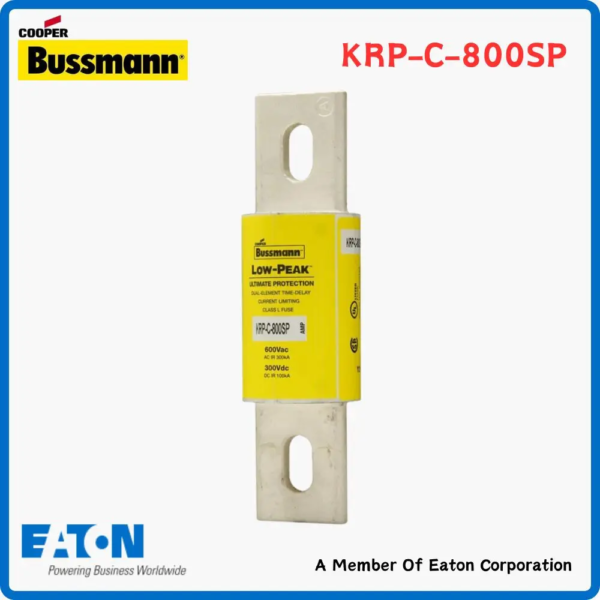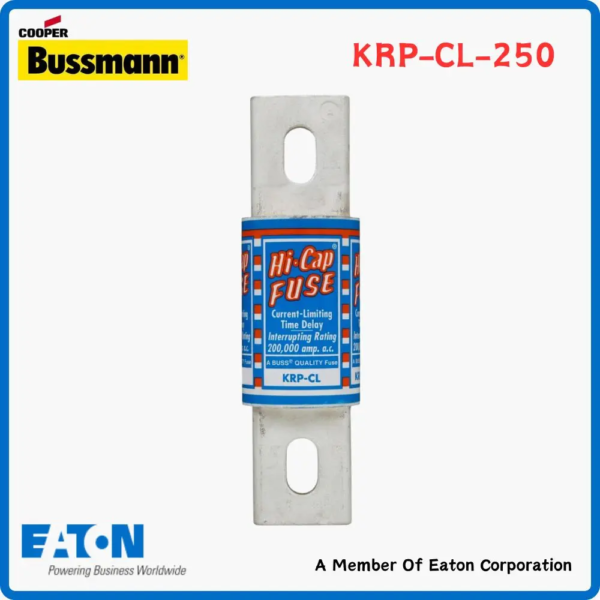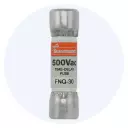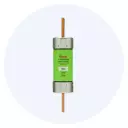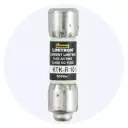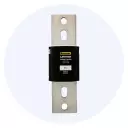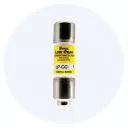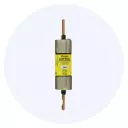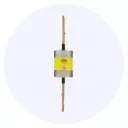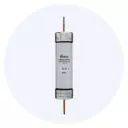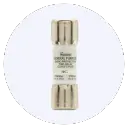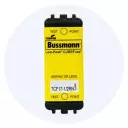Bussmann FNQ Fuses
Eaton Bussmann FNQ-1/8 Low Voltage Fuse
Rated 5.00 out of 5In stock
$16.74EachSKU: FNQ-1/8Weight 0.175 lbs Dimensions 0.01138889 × 0.01138889 × 0.04166667 yd Brand Eaton Bussmann
Eaton-Bussmann, with its headquarters in St. Louis, Missouri, is a division of Eaton Corporation that specializes in the production of circuit protection products. These products are designed for use in the electrical, electronic, and automotive industries, both domestically and on a global scale. The company boasts a strong manufacturing network with facilities located in three domestic and six international locations, reflecting its commitment to serving customers worldwide. With a team of approximately 3,000 employees, Eaton-Bussmann is well-positioned to meet the ever-evolving needs of its customers in the electrical protection industry.
Eaton stands as a forward-thinking leader in power management, focused on enhancing lifestyles and safeguarding the planet. Leveraging the worldwide momentum of electrification and digital innovation, they propel the global shift towards renewable energy, addressing pressing power management issues on a global scale.Product type Low Voltage Fuse
Voltage 500 Volt
Eaton Bussmann FNQ-R-1/10 Low Voltage Fuse
Rated 5.00 out of 5In stock
$11.33EachSKU: FNQ-R-1/10Weight 0.175 lbs Dimensions 0.01138889 × 0.01138889 × 0.04166667 yd Brand Eaton Bussmann
Eaton-Bussmann, with its headquarters in St. Louis, Missouri, is a division of Eaton Corporation that specializes in the production of circuit protection products. These products are designed for use in the electrical, electronic, and automotive industries, both domestically and on a global scale. The company boasts a strong manufacturing network with facilities located in three domestic and six international locations, reflecting its commitment to serving customers worldwide. With a team of approximately 3,000 employees, Eaton-Bussmann is well-positioned to meet the ever-evolving needs of its customers in the electrical protection industry.
Eaton stands as a forward-thinking leader in power management, focused on enhancing lifestyles and safeguarding the planet. Leveraging the worldwide momentum of electrification and digital innovation, they propel the global shift towards renewable energy, addressing pressing power management issues on a global scale.Product type Low Voltage Fuse
Voltage 500 Volt
Bussmann WCF Fuses
Bussmann FCF Fuses
Eaton Bussmann Series UL Class CF, FCF 1RN Fuse
Rated 5.00 out of 5In stock
$79.99SKU: FCF1RNBrand Eaton Bussmann
Eaton-Bussmann, with its headquarters in St. Louis, Missouri, is a division of Eaton Corporation that specializes in the production of circuit protection products. These products are designed for use in the electrical, electronic, and automotive industries, both domestically and on a global scale. The company boasts a strong manufacturing network with facilities located in three domestic and six international locations, reflecting its commitment to serving customers worldwide. With a team of approximately 3,000 employees, Eaton-Bussmann is well-positioned to meet the ever-evolving needs of its customers in the electrical protection industry.
Eaton stands as a forward-thinking leader in power management, focused on enhancing lifestyles and safeguarding the planet. Leveraging the worldwide momentum of electrification and digital innovation, they propel the global shift towards renewable energy, addressing pressing power management issues on a global scale.Product type Fuse
Voltage 600 Volt
Bussmann FRS Fuses
Bussmann HEB-AA Fuse
Eaton Bussmann HEB-AA Inline Fuse Holder
Rated 5.00 out of 5In stock
$18.99SKU: 504-HEB-AA-2Brand Eaton Bussmann
Eaton-Bussmann, with its headquarters in St. Louis, Missouri, is a division of Eaton Corporation that specializes in the production of circuit protection products. These products are designed for use in the electrical, electronic, and automotive industries, both domestically and on a global scale. The company boasts a strong manufacturing network with facilities located in three domestic and six international locations, reflecting its commitment to serving customers worldwide. With a team of approximately 3,000 employees, Eaton-Bussmann is well-positioned to meet the ever-evolving needs of its customers in the electrical protection industry.
Eaton stands as a forward-thinking leader in power management, focused on enhancing lifestyles and safeguarding the planet. Leveraging the worldwide momentum of electrification and digital innovation, they propel the global shift towards renewable energy, addressing pressing power management issues on a global scale.Product type Fuse
Voltage 600 Volt
Bussmann JJN Fuses
Bussmann JJS Fuses
Bussmann JKS Fuses
Eaton Bussmann Fuse JKS-1 Low Voltage Fuse
Rated 5.00 out of 5In stock
$13.99SKU: JKS-1Brand Eaton Bussmann
Eaton-Bussmann, with its headquarters in St. Louis, Missouri, is a division of Eaton Corporation that specializes in the production of circuit protection products. These products are designed for use in the electrical, electronic, and automotive industries, both domestically and on a global scale. The company boasts a strong manufacturing network with facilities located in three domestic and six international locations, reflecting its commitment to serving customers worldwide. With a team of approximately 3,000 employees, Eaton-Bussmann is well-positioned to meet the ever-evolving needs of its customers in the electrical protection industry.
Eaton stands as a forward-thinking leader in power management, focused on enhancing lifestyles and safeguarding the planet. Leveraging the worldwide momentum of electrification and digital innovation, they propel the global shift towards renewable energy, addressing pressing power management issues on a global scale.Product type Low Voltage Fuse
Voltage 600 Volt
Bussmann KRP Fuses
Eaton-Bussmann Fuse Points Buying Guide Enhanced
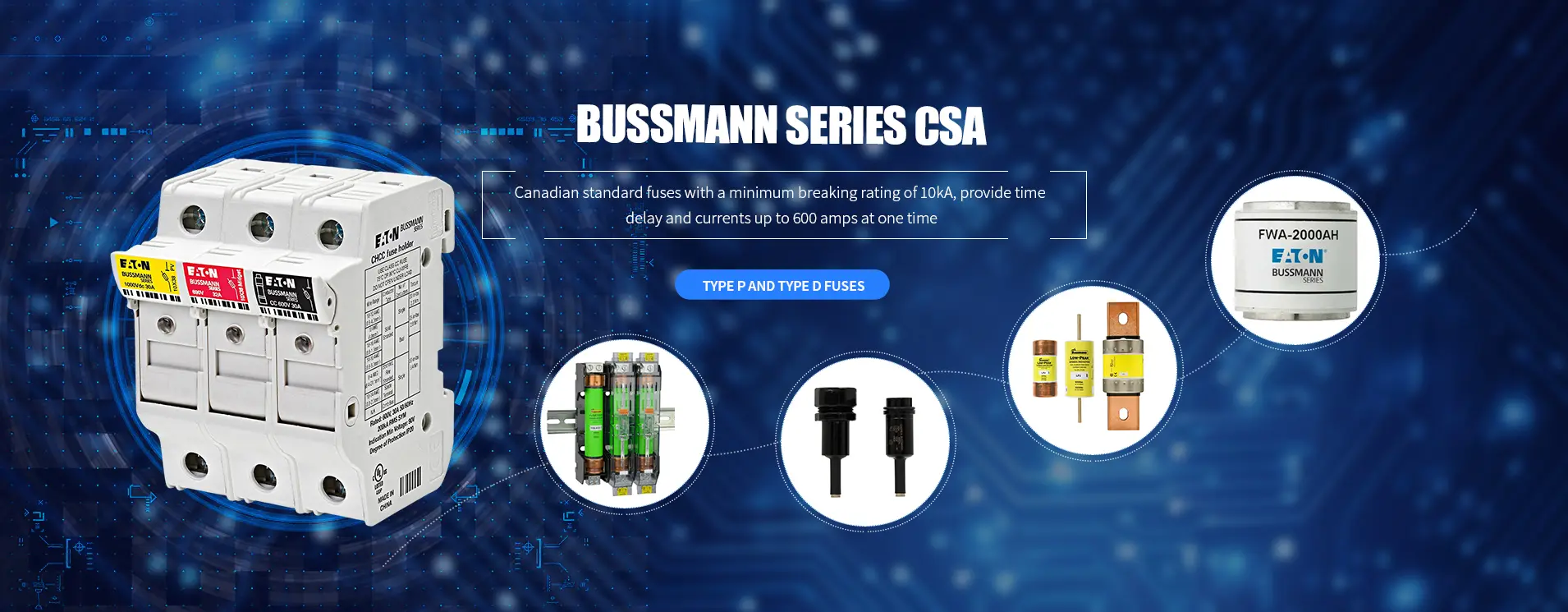
Eaton-Bussmann Fuse Points are a crucial component in circuit protection solutions, designed to safeguard electrical systems from damage caused by overcurrent and overvoltage conditions. As a leading distributor of Eaton-Bussmann products, we aim to provide a comprehensive buying guide to help customers make informed decisions when selecting the right fuse points for their specific applications.
Product Parameters and Specifications
Eaton-Bussmann Fuse Points come in a range of product families, each with its unique characteristics and specifications. Some of the key parameters to consider when selecting fuse points include:
- Voltages: Eaton-Bussmann Fuse Points are available in various voltage ratings, including 250V, 300V, 400V, and 600V, among others.
- Current Ratings: The current rating of a fuse point determines its ability to handle specific loads. Common current ratings include 1A, 2A, 5A, 10A, and 20A.
- Response Times: The response time of a fuse point refers to the time it takes for the fuse to open in response to an overcurrent condition. Different fuse points have varying response times, ranging from fast-acting to time-delay.
- Interrupting Capacity: The interrupting capacity of a fuse point indicates its ability to safely interrupt an electrical circuit in the event of a fault.
Uses and Applications
Eaton-Bussmann Fuse Points are used in a wide range of applications, including:
- Industrial Control Panels: Fuse points are used to protect industrial control panels from overcurrent and overvoltage conditions, ensuring the safe and reliable operation of machinery and equipment.
- Electrical Distribution Systems: Fuse points are used in electrical distribution systems to protect against overcurrent conditions, preventing damage to equipment and reducing the risk of electrical fires.
- Automotive Systems: Fuse points are used in automotive systems to protect against overcurrent conditions, ensuring the safe and reliable operation of vehicle electrical systems.
- Renewable Energy Systems: Fuse points are used in renewable energy systems, such as solar and wind power systems, to protect against overcurrent and overvoltage conditions.
Precautions and Safety Considerations
When working with Eaton-Bussmann Fuse Points, it is essential to follow proper safety precautions to minimize the risk of electrical shock or injury. Some key precautions include:
- Always follow the manufacturer’s instructions and guidelines when selecting and installing fuse points.
- Use fuse points that are rated for the specific application and voltage level.
- Ensure that fuse points are properly installed and secured to prevent tampering or accidental activation.
- Regularly inspect and maintain fuse points to ensure they are functioning correctly and safely.
Selecting the Right Fuse Points
To select the right Eaton-Bussmann Fuse Points for your specific application, consider the following factors:
- Determine the required voltage and current ratings for your application.
- Choose a fuse point with the appropriate response time and interrupting capacity.
- Consider the environmental conditions in which the fuse point will be used, such as temperature, humidity, and vibration.
- Ensure that the fuse point is compatible with your existing electrical system and equipment.
By following this comprehensive buying guide, customers can ensure they select the right Eaton-Bussmann Fuse Points for their specific applications, providing safe and reliable circuit protection solutions. With our expertise and commitment to quality, we are dedicated to helping customers navigate the complex world of circuit protection and find the perfect solution for their needs.

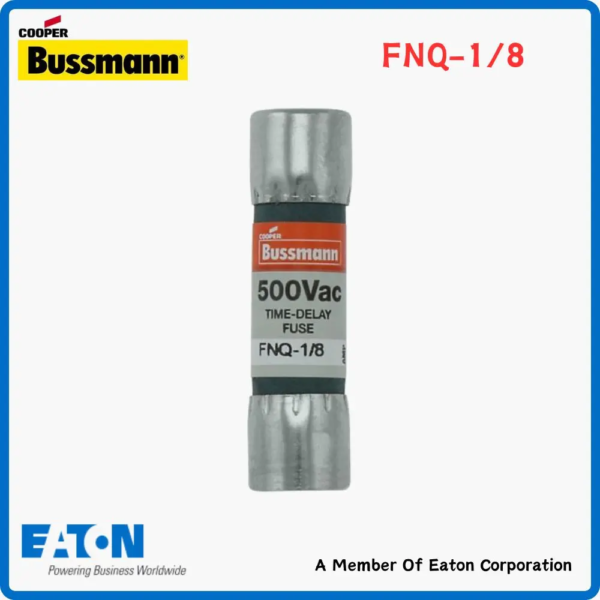
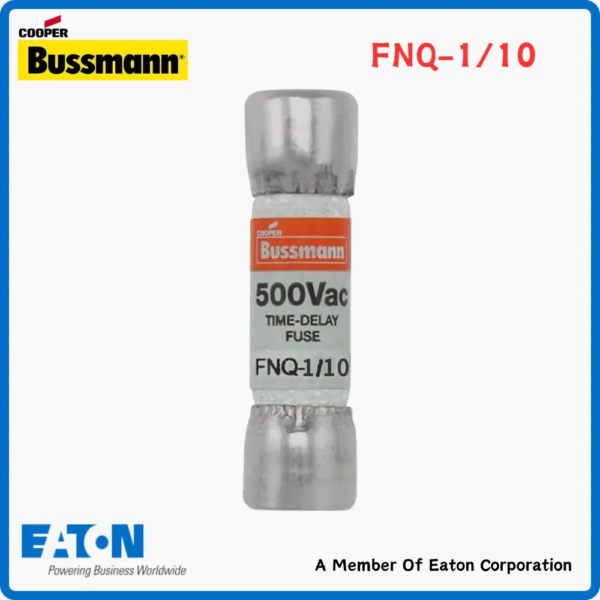

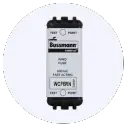 Bussmann WCF Fuses
Bussmann WCF Fuses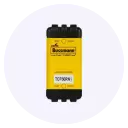 Bussmann FCF Fuses
Bussmann FCF Fuses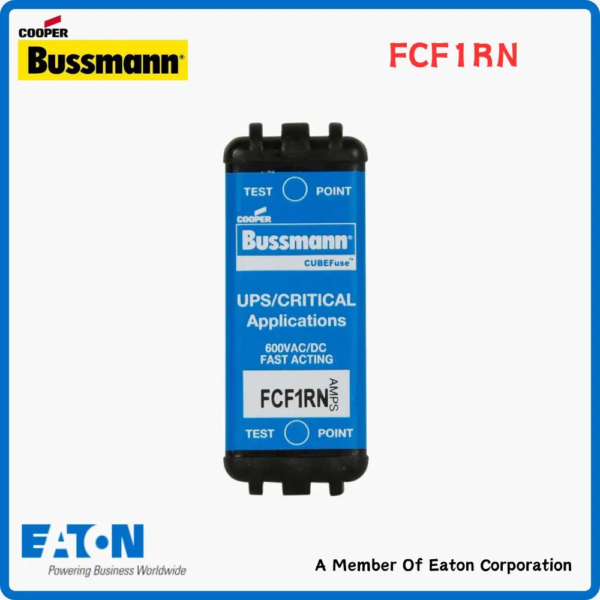
 Bussmann FRS Fuses
Bussmann FRS Fuses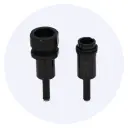 Bussmann HEB-AA Fuse
Bussmann HEB-AA Fuse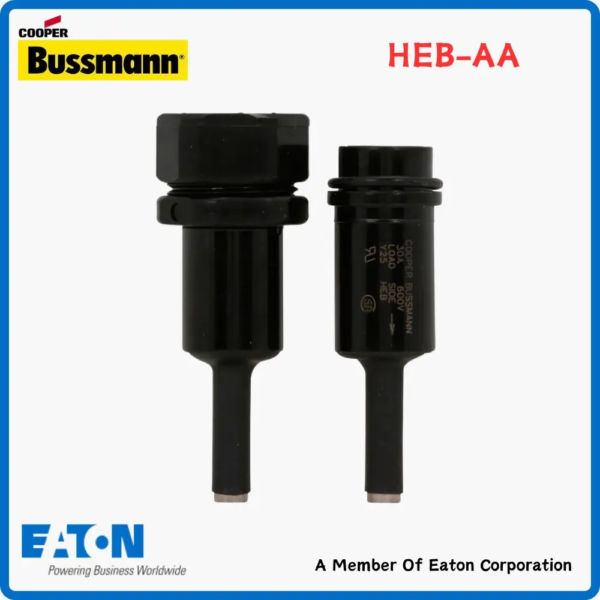
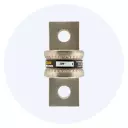 Bussmann JJN Fuses
Bussmann JJN Fuses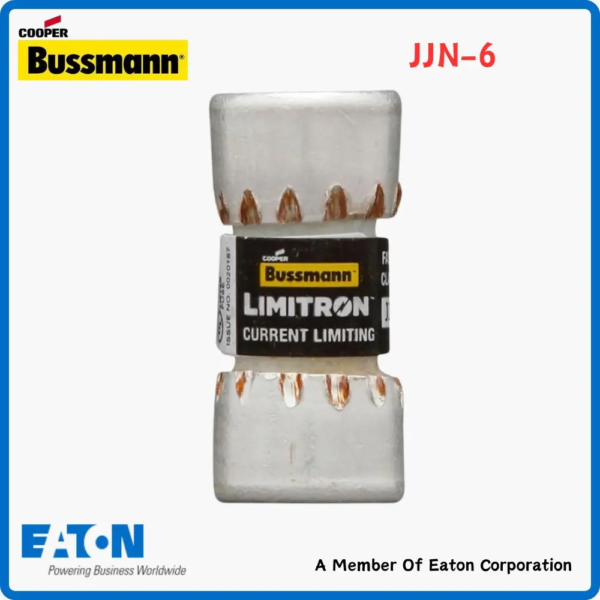
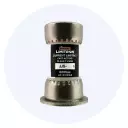 Bussmann JJS Fuses
Bussmann JJS Fuses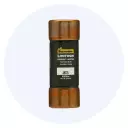 Bussmann JKS Fuses
Bussmann JKS Fuses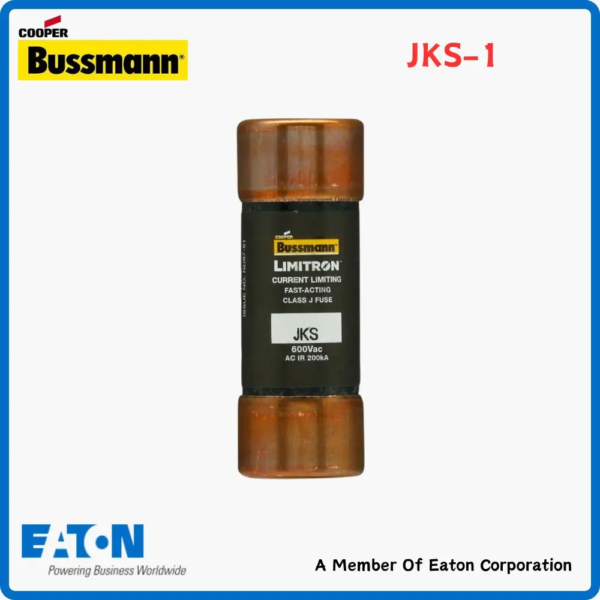
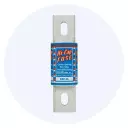 Bussmann KRP Fuses
Bussmann KRP Fuses